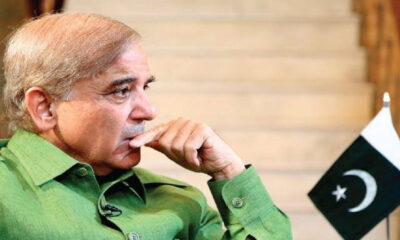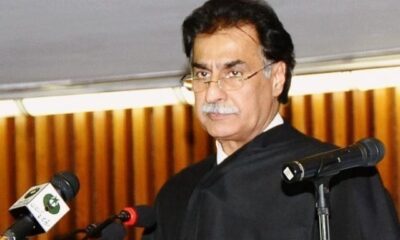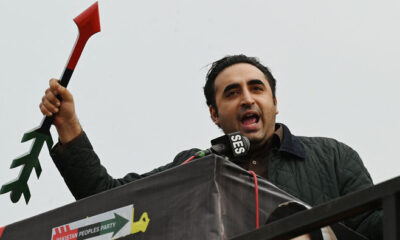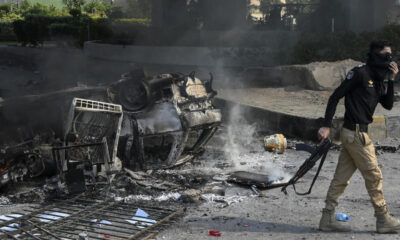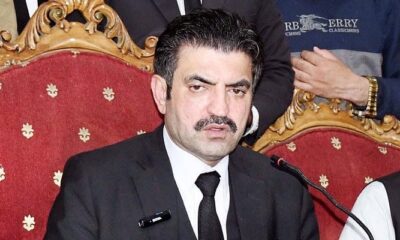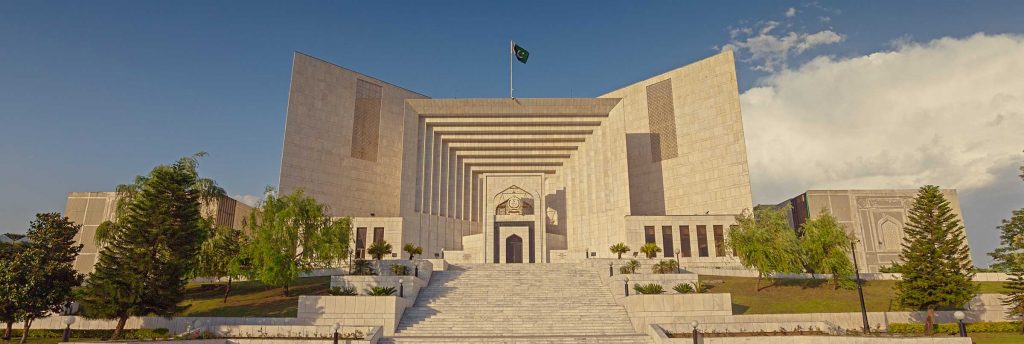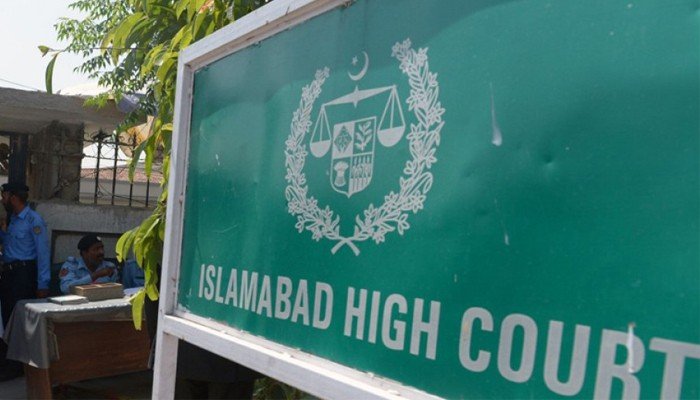Law
The SHC decides not to count three reserved seats in the next presidential election.
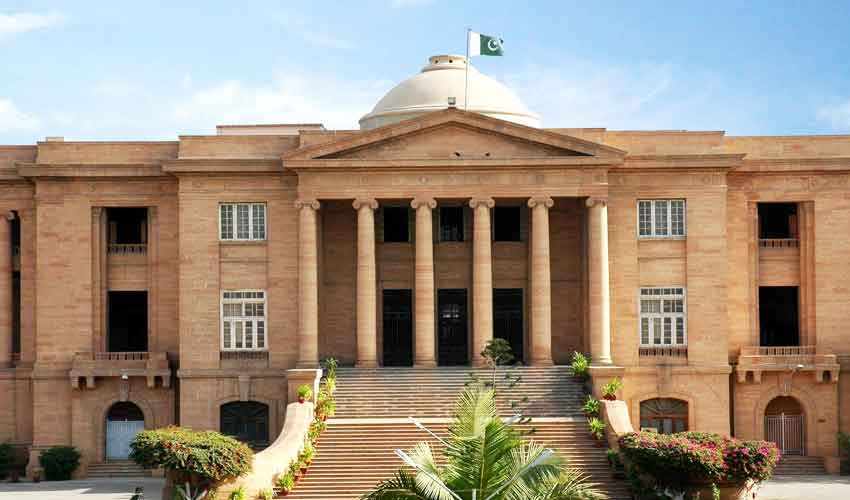
Latest News
Conditional authority to announce reserved decisions has been granted to military courts.
Law
Meetings are called by bar associations to evaluate judges’ complaints regarding meddling.
Latest News
The court requests an update on the missing persons case.
-
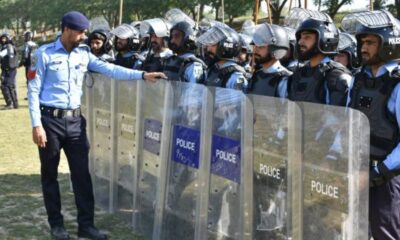
 Latest News1 day ago
Latest News1 day agoThere will be no rally in Islamabad on May 9, as police warn of stern action.
-
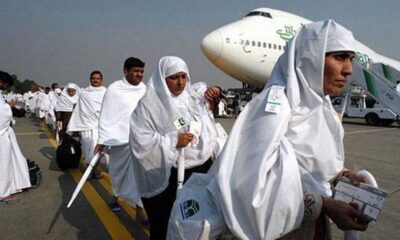
 Latest News1 day ago
Latest News1 day agoHajj 2024: Pakistan’s inaugural flight, carrying 180 pilgrims, departs tomorrow
-

 Latest News1 day ago
Latest News1 day agoThe Uzbek foreign minister comes to Pakistan for a two-day formal visit.
-

 Latest News1 day ago
Latest News1 day agoPM expresses condolences to UAE President over Sheikh Tahnoun’s death
-
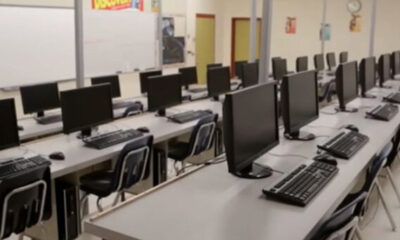
 Education2 days ago
Education2 days agoThe establishment of IT labs in Islamabad’s educational establishments
-

 Latest News2 days ago
Latest News2 days agoPresident Zardari lists the government’s key priority as Balochistan’s prosperity.
-

 Latest News6 hours ago
Latest News6 hours agoCM Maryam resolved to avert tragedies like May 9.
-
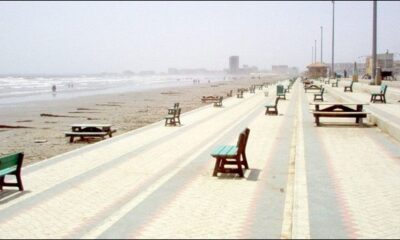
 Latest News2 days ago
Latest News2 days agoTemperature in Karachi increases due to sea wind suspension.

